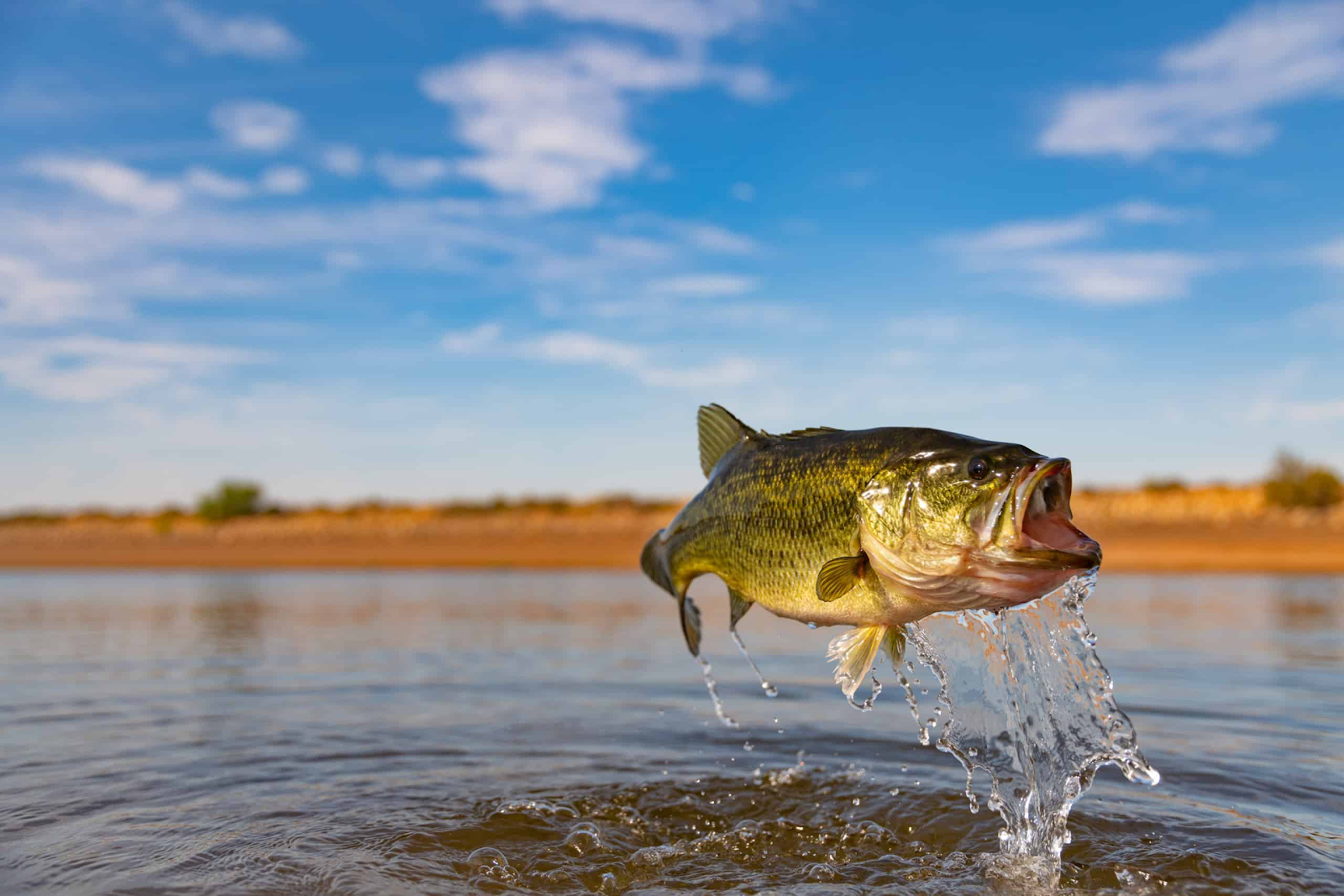Bass fishing, an age-old pursuit that has captivated anglers for generations, holds within its depths a myriad of mysteries waiting to be unraveled. At first glance, bass might seem like elusive creatures, but delving deeper reveals a world of intricate behaviors and fascinating adaptations. In this blog post, let's embark on a journey to uncover the secret lives of largemouth bass, shedding light on the enigmatic aspects of these iconic freshwater fish.
1. The Ambush Experts: Understanding Predatory Instincts
Largemouth bass are renowned for their ambush tactics. They possess an innate predatory instinct that allows them to lie in wait, perfectly camouflaged among aquatic vegetation or submerged structures. Understanding the art of ambush is essential for anglers. Bass patiently wait for the perfect moment to strike, utilizing their remarkable speed and precision to capture unsuspecting prey. Mimicking their prey's movements with lures is a craft anglers continually refine to outsmart these ambush experts.
2. The Language of Largemouth: Decoding Bass Communication
Bass, like many other species, communicate using subtle signals. They use body language, vibrations, and even chemical cues to convey information to other bass. Observant anglers can decode these signals, such as the distinct tail flicks and fin movements that indicate agitation or excitement. By paying attention to these subtle cues, anglers gain valuable insights into the bass's mood and adjust their techniques accordingly, increasing their chances of a successful catch.
3. Seasonal Shifts: Adapting to Changing Environments
Largemouth bass exhibit distinct behavioral changes with the shifting seasons. In spring, they move to shallow waters for spawning, making them more accessible to anglers. As summer arrives, they seek cooler, deeper spots, requiring different fishing techniques. Fall triggers feeding frenzies as bass prepare for winter, while winter demands a patient and strategic approach. Adapting to these seasonal shifts is key to consistently catching bass throughout the year.
4. The Memory of Bass: Learning and Adaptation
Research suggests that bass possess a form of memory, allowing them to learn from their experiences. This means that they can become wary of lures and adapt to avoid potential threats. Savvy anglers use this knowledge to their advantage, constantly varying their presentations and experimenting with different lures to stay one step ahead of the bass's evolving behavior. It's a chess game between angler and fish, where adaptability and innovation reign supreme.
Conclusion: Embracing the Enigma
Bass fishing is not merely a sport; it's an exploration of the unknown, a quest to unravel the secrets of these enigmatic creatures. As anglers, we are not just participants but curious investigators, constantly learning from the subtle cues and behaviors of bass. Embracing the mystery of bass fishing is what makes each outing an adventure, an opportunity to uncover a new piece of the puzzle. So, the next time you cast your line, remember that you're delving into a world of wonders, where every twitch, ripple, and strike brings you closer to understanding the captivating secret lives of largemouth bass. Happy fishing!















